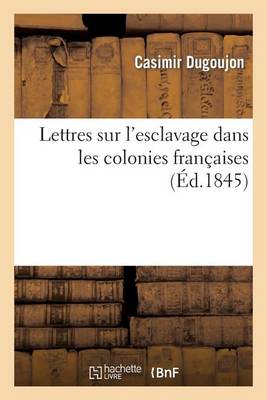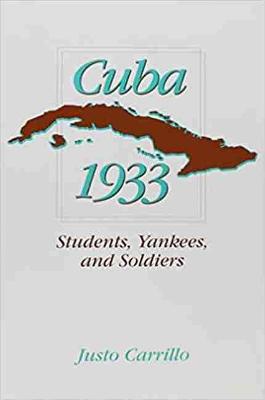It is a fabulously illustrated look at the latest series of images from award-winning photographer Susan S. Bank. "Piercing the Darkness" is the second monograph of award-winning American photographer Susan Bank, who studied under the tutelage of renowned photographers Graciela Iturbide and Constantine Manos. It is taken in Cuba between the 1999 and 2009, Bank's choice of black-and-white film in a place so full of colour allows her to capture the heart and soul of her subjects - from the beautif...
Latin America and the Caribbean
A unique approach to the study of Latin America, it combines (in two parts) a systematic survey of geography, demography, agriculture, communications, industry and urban and political aspects of Latin America with a regional coverage of the area. The regional groupings are: Mexico and Central America, the Caribbean, Andean America, Brazil and the Southern Cone.
Fixing Haiti
References to the land of the ""black Jacobins"" are almost always followed by the phrase ""the poorest country in the Western Hemisphere". To that distinction, on 12 January 2010, Haiti added another, when it was hit by a devastating natural disaster, a 7.0 Richter scale earthquake. Since 2004, the United Nations has been in Haiti through MINUSTAH in an ambitious attempt to help Haiti raise itself by its bootstraps. This effort has now acquired additional urgency. Is Haiti a failed state? Does...
The Making of a Caribbean Avant-Garde (Comparative Cultural Studies)
by Therese Kaspersen Hadchity
Focusing on the Anglophone Caribbean, The Making of a Caribbean Avant-Garde describes the rise and gradual consolidation of the visual arts avant-garde, which came to local and international attention in the 1990s. The book is centered on the critical and aesthetic strategies employed by this avant-garde to repudiate the previous generation's commitment to modernism and anti-colonialism. In three sections, it highlights the many converging factors, which have pushed this avant-garde to the foref...
Beyond A Boundary (The C. L. R. James Archives)
by C.L.R. James and James James
Great claims have been made for [Beyond a Boundary] since its first appearance in 1963: that it is the greatest sports book ever written; that it brings the outsider a privileged insight into West Indian culture; that it is a severe examination of the colonial condition. All are true. Sunday Times "[Beyond a Boundary] remains among the five best cricket books ever written, and anyone who has not encountered it should seize the chance now." Sunday Telegraph ". . . not only the most finely craft...
The historic voyage of the H.M.S. bounty culminates in Fletcher Christian's mutiny against Captain Bligh.
Least Worst Place, The: Guantanamo's First 100 Days
by Karen Greenberg
West Indies Before and Since Slave Emancipation, The: Comprising the Windward and Leeward Islands' Military Command.....
by John Davy
Black Labor Migration in Caribbean Guatemala, 1882-1923 (Working in the Americas)
by Frederick Douglass Opie
In the late nineteenth century, many Central American governments and countries sought to fill low-paying jobs and develop their economies by recruiting black American and West Indian labourers. Frederick Opie offers a revisionist interpretation of these workers, who were often depicted as simple victims with little, if any, enduring legacy. The Guatemalan government sought to build an extensive railroad system in the 1880s, and actively recruited foreign labour. For poor workers of Africa...
For the generations of Jews who immigrated to Cuba after 1900, the experience was bittersweet. Cuba welcomed immigrants long after the United States shut its doors to them in 1924, particularly refugees from Nazism. Yet the story of Cuban Jewry also includes the tragic 1939 drama of the SS St. Louis, turned away from Havana and the United States with its cargo of German-Jewish refugees still aboard, a propaganda coup for Germany. Although many Jews prospered economically on the island, they alwa...
Fernando Pico is Puerto Rico's leading historian and author of over 20 books in Spanish and two translated into English.Less known is that he started his career as a columnist for the leading English-language newspaper in Puerto Rico, the ""San Juan Star"", from the early 1970s to the 1980s. At that time he was a freewheeling young grad student and later a professor, and the editor of the newspaper often cut out his more radical commentary. Thus, Pico had to resort to oblique satire.These essays...
Christopher Columbus and the Discovery of the Americas (30 Minute Book, #47)
by Doug West
Lettres Sur l'Esclavage Dans Les Colonies Francaises (Histoire)
by Dugoujon-C
Cuba 1933
by Justo Carrillo (former Distinguished Professor of History, Georgetown University, Washington, D.C., USA)
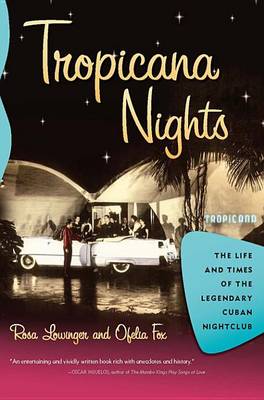
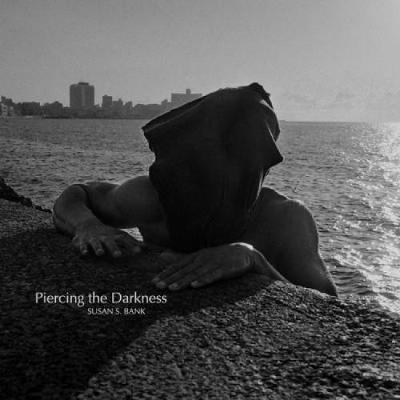

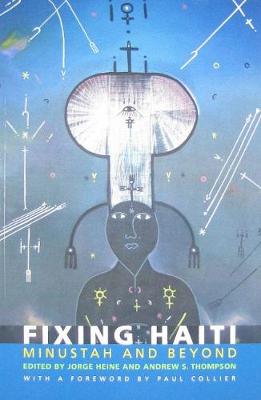
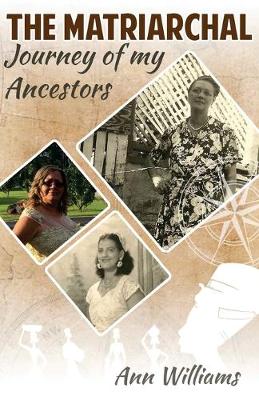
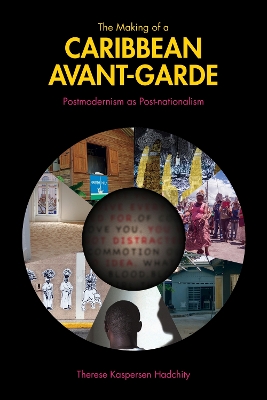
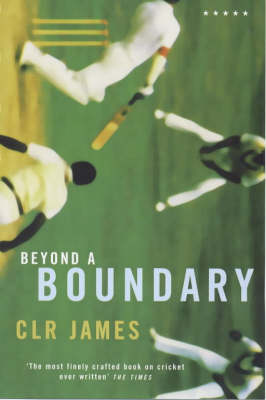
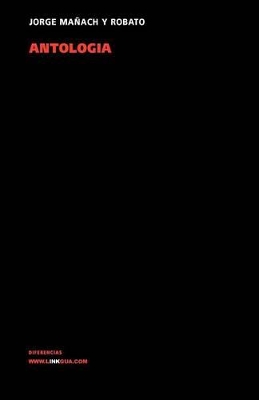
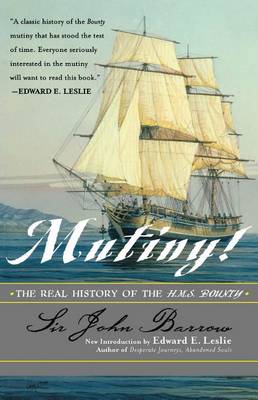
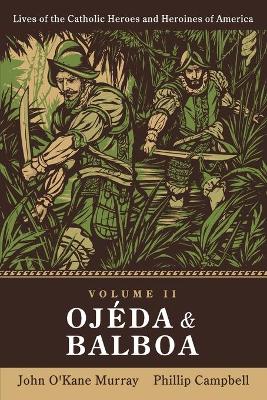
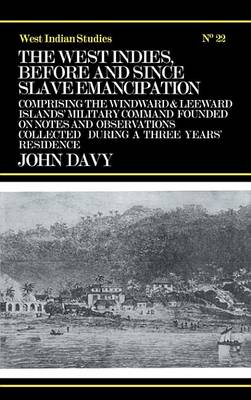
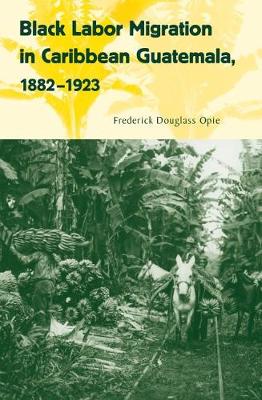
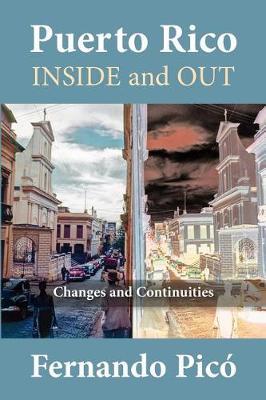
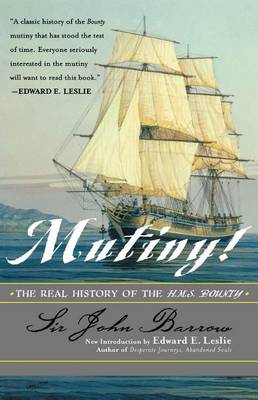
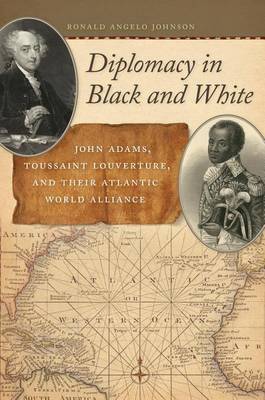
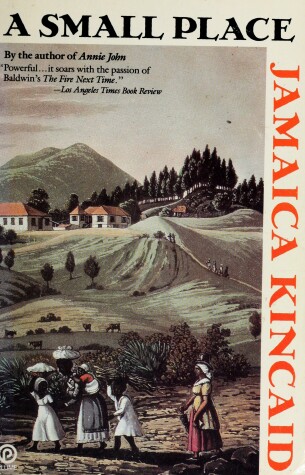
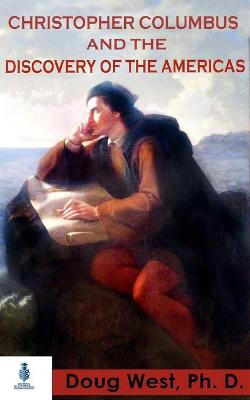
![Cover of Joan, the Curate [microform]](https://images.bookhype.com/covers/67/91/94d3cd39-fb6c-4346-b36d-19c40aec1976/9781015005839-537c35a40288d8d417f2c6.jpg)
